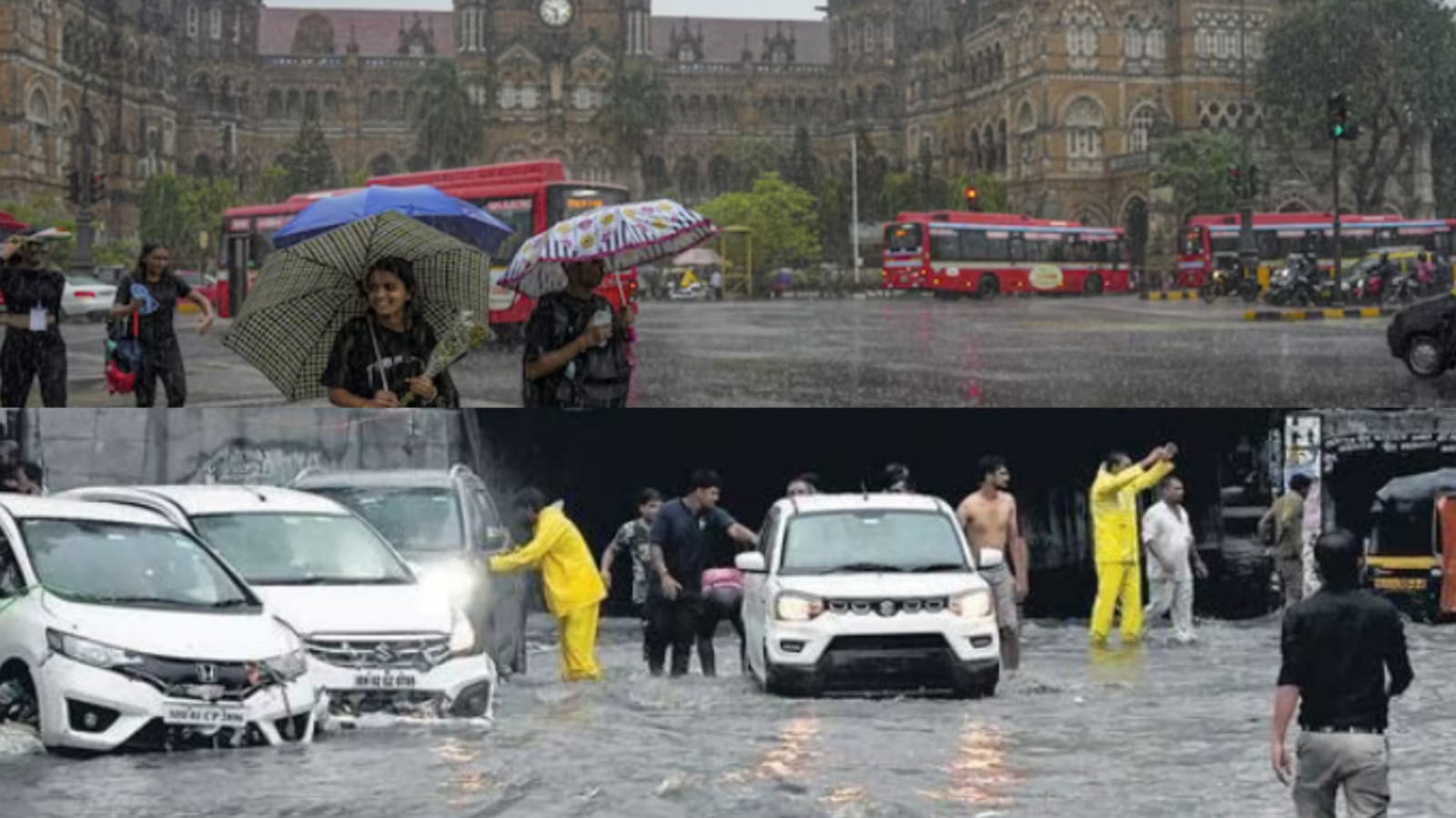Mumbai, the bustling metropolis on the western coast of India, is known for its monsoon season which brings relief from scorching heat but also poses several health challenges. With a high population density and limited infrastructure, the impact of the monsoon on the health of Mumbaikars is a topic of concern. Let's explore the various advantages and health issues that arise during the monsoon season in Mumbai and discuss preventive measures for the same
Advantages
1. Relief from Heat:
Mumbai's monsoon brings much-needed relief from the summer heat. The cool showers provide a refreshing break and create a pleasant atmosphere, allowing people to enjoy outdoor activities and spend quality time with their loved ones.
2. Agricultural Benefits:
The heavy rainfall is a boon for the agricultural sector surrounding Mumbai. The water nourishes crops, refills reservoirs, and helps sustain the region's agricultural productivity. It contributes to the availability of fresh produce, supports the local economy, and ensures food security for the city's residents.
3. Scenic Beauty:
The monsoon transforms Mumbai into a picturesque paradise. The lush greenery, blooming flowers, and waterfalls create a breathtaking backdrop. Many people find solace in the natural beauty that surrounds them during this season, making it an ideal time for outings and nature exploration.
4. Cultural Celebrations:
Mumbai's monsoon is also marked by vibrant cultural celebrations. Festivals like Ganesh Chaturthi and Navratri are celebrated with great enthusiasm, showcasing the city's rich heritage and cultural diversity. The joyous atmosphere brings people together, fostering a sense of unity and community spirit.
Disadvantages
1. Waterborne Diseases:
One of the significant health concerns during the monsoon in Mumbai is the outbreak of waterborne diseases. The heavy rains often lead to the contamination of water sources, including lakes, rivers, and wells. This contamination, coupled with inadequate sanitation infrastructure, increases the risk of diseases like Cholera, Typhoid, and Hepatitis A. Residents must consume clean and purified water to avoid these illnesses.
2. Vector-Borne Diseases:
Mosquito-borne diseases such as Dengue, Malaria, and Chikungunya are prevalent during the monsoon season in Mumbai. The city's numerous breeding grounds for mosquitoes, including stagnant water in potholes, open drains, and discarded containers, create a perfect environment for mosquito breeding. Implementing preventive measures such as regularly cleaning and covering water storage containers, using mosquito repellents, and wearing protective clothing can help reduce the risk of these diseases.
3. Respiratory Infections:
Mumbai experiences high humidity levels during the monsoon, which creates favourable conditions for the growth of fungi, moulds, and allergens. As a result, respiratory infections like Asthma, Bronchitis, and allergies become more common. People with pre-existing respiratory conditions should take extra precautions, such as avoiding damp areas, using air purifiers, and maintaining good personal hygiene.
4. Accidents and Injuries:
The heavy rainfall in Mumbai often leads to waterlogging and slippery roads, increasing the chances of accidents and injuries. Pedestrians and motorists face difficulties navigating through flooded streets and potholes, which can result in falls, fractures, and other injuries. It is important to exercise caution, wear appropriate footwear, and follow traffic guidelines to minimize such incidents.
5. Mental Health:
While physical health concerns are prominent during the monsoon, the impact on mental health should not be overlooked. The prolonged periods of gloomy weather and reduced sunlight can contribute to mood swings, seasonal affective disorder (SAD), and general feelings of sadness and lethargy. Engaging in activities that boost mental well-being, such as exercise, hobbies, and socializing, can help counteract these effects.
Preventive Measures
To safeguard health during the monsoon season, Mumbaikars can adopt several preventive measures:
a. Cleanliness and Hygiene:
Maintaining personal hygiene, washing hands frequently, and avoiding street food can significantly reduce the risk of waterborne diseases.
b. Drinking Safe Water:
Boiling, filtering, or using packaged drinking water ensures the consumption of clean and safe water, reducing the chances of waterborne illnesses.
c. Mosquito Control:
Eliminating stagnant water, using mosquito repellents, and sleeping under mosquito nets can help prevent mosquito-borne diseases.
d. Proper Clothing:
Wearing light, breathable clothing and using umbrellas or raincoats can protect against rain-related illnesses and infections.
e. Good Ventilation:
Ensuring proper ventilation in homes and workplaces can help prevent the growth of moulds and reduce the risk of respiratory infections.
f. Road Safety:
Following traffic rules, wearing appropriate footwear, and using caution while navigating through waterlogged areas can minimize accidents and injuries.
The monsoon season in Mumbai is a mixed bag of blessings and challenges. While it rings relief from the heat, agricultural benefits, scenic beauty, and cultural celebrations, it also presents issues like waterlogging, health hazards, infrastructure challenges, and safety concerns. By addressing these challenges with proper planning, infrastructure development, and individual awareness, Mumbai can maximize the positive aspects of the monsoon while minimizing the negative impact on its residents

 The monsoon season in Mumbai is a mixed bag of blessings and challenges. While it rings relief from the heat, agricultural benefits, scenic beauty, and cultural celebrations, it also presents issues like waterlogging, health hazards, infrastructure challenges, and safety concerns.
The monsoon season in Mumbai is a mixed bag of blessings and challenges. While it rings relief from the heat, agricultural benefits, scenic beauty, and cultural celebrations, it also presents issues like waterlogging, health hazards, infrastructure challenges, and safety concerns.










.jpeg)




.jpeg)

.jpg)













